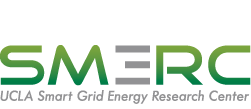
Autonomous and Electric Vehicle Technology, Grid
and Communications Infrastructure in a Smart City
The automotive sector is undergoing rapid upheaval with the arrival of electric vehicles (EVs) and semi-autonomous vehicles and now moving towards fully autonomous vehicles. A slew of new companies that did not exist 20 years ago, such as Tesla, Uber, Google, and others, are innovating at a rate that has not been seen before in the field of transportation. The reason for such innovations is change in society's preference towards greater sustainability in transportation by way of cleaner fuels to reduce pollution (EVs such as Tesla), ride-sharing to reduce road congestion (Uber), autonomous vehicles to reduce the need for large parking infrastructure (Google). The optimized convergence of these three transportation modalities would result in exponentially compounded benefits for sustainability transportation of the future.
While there is rapid innovation in the vehicular technology itself, the infrastructure to support the above vision of sustainable transportation including automatic traffic light sensing, instantaneous traffic data, Vehicle to Infrastructure Communications (V2I), Vehicle to Vehicle communications (V2V), managing and delivering electricity to EVs (including shuttles and people movers) while they are moving, managing traffic dynamically based on real-time and historical data, detecting and avoiding pedestrians, and others, are in their early stages at best. This makes it much harder for vehicle manufacturers to innovate towards fully autonomous and all electric vehicles beyond a point. Innovations in the areas of communications, sensors, software, cloud computing, controls, energy storage, power management, battery technology, cybersecurity, big data, Artificial Intelligence and Machine Learning are paving the way to create the Smart City of the Future that would enable the above vision.
In UCLA, we are working towards putting together a research and demonstration testbed to investigate several of the above topics. This will be the first technical workshop on the subject of Autonomous and Electric Vehicle Technology, Grid and Communications Infrastructure in a Smart City. UCLA faculty and researchers will discuss the challenges, opportunities and technologies that are being developed and that need to be developed in the future. UCLA SMERC testbed plans will be presented and participants from industry, government, regulatory bodies, venture capitalists, etc., will be invited to provide feedback. The WINSmartEV (Wireless Internet Smart Electric Vehicle Network) testbed infrastructure developed in the last decade at UCLA along with the heterogeneous communications network consisting of 3G, WiFi, Ethernet, Bluetooth, Zigbee, Power Line Communications, IEC 61850 etc., deployed both within the university campus and in other parts of Los Angeles including Port of Los Angeles, downtown Los Angeles, Santa Monica, Pasadena, Pomona, etc., will be presented. This infrastructure will be used as a foundation platform to expand into the Smart City infrastructure field testbed to support autonomous and electric vehicles as they become more ubiquitous with our Smart Cities vision.
California is playing a leading role in the innovations that enable this coupling between vehicles and the infrastructure, by way of research and technology coming out of academia, and also by way of new startups whether from Silicon Valley or right here in Los Angeles' Silicon Beach. While today's vehicles are restricted to semi-autonomous capability with driving range limitations (if they are electric), in the future with the advent of smaller and faster sensors, high-speed vision systems, smart communications such low latency 5G technology, wireless and smart power transfer into electric cars, smart grids, micro grids and battery energy storage that allows energy generated from solar panels to be stored and cached close to transportation hugs, the vision of the smart city with autonomous and electric vehicles would become a reality. Los Angeles, being the car capital of the world, with its traffic, air quality and parking challenges, provides an excellent testbed for the autonomous and electric! vehicles of the future.
The United States has been one of the world leaders in electric vehicle technology as well as autonomous vehicle technology. While we continue leadership in these areas, the problems of the worlds major metropolitan cities are perhaps even more severe than the States, and so we are seeing large scale efforts as well as cutting-edge technologies being developed in many other countries around the world. Therefore, we need to continue to build our technical and research capabilities, to have close ties between academia, industry and government, and create research testbeds that rival the rest of the world. We are at ground zero of this opportunity and California and Los Angeles are prime candidates for incubating and hosting this nascent but rapidly developing industry in the US and in the world.

Register now and lock in an early rate.

We are currently accepting a limited number of speaker nominations:
Nominate a Speaker

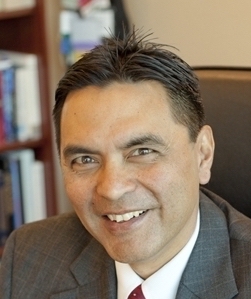
Bernard Soriano
Deputy Director
California Department of Motor Vehicles |
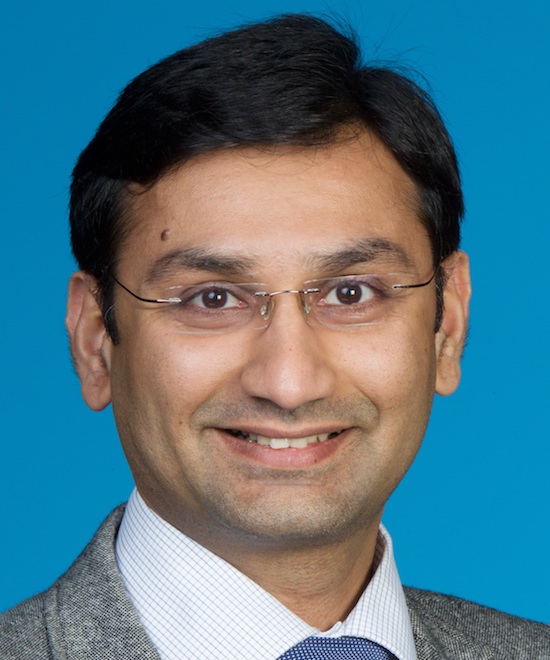
Bhavin Desai
District Sales Manager/Account Manager
National Instruments |
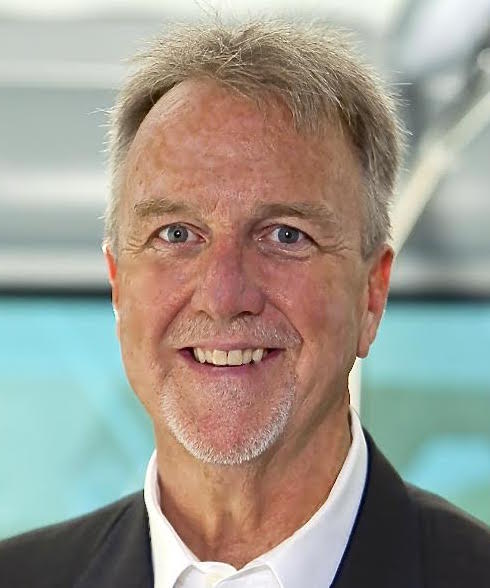
Bill Williams
Commercial Sales Director
Proterra, Inc |
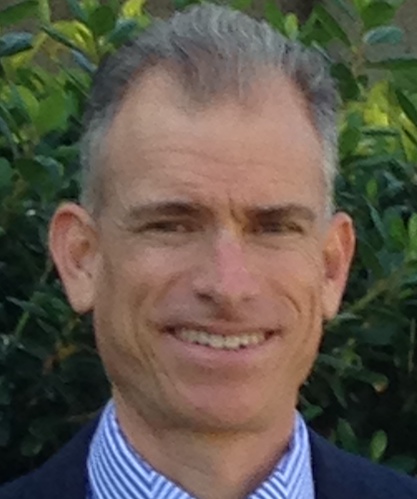
David Cook
Environmental Engineer&Team Lead, the Alternative Fuel Vehicle Program
US Navy |
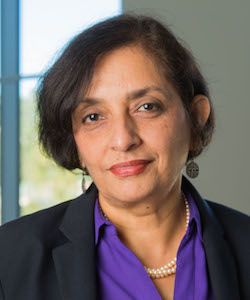
Jayathi Murthy
Dean, Henry Samueli School of Engineering and Applied Science
University of California, Los Angeles |
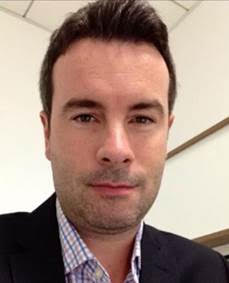
James Holtz
Reginal Sales Manager
BYD |

John A. Mirisch
Councilmember
Beverly Hills City Council |
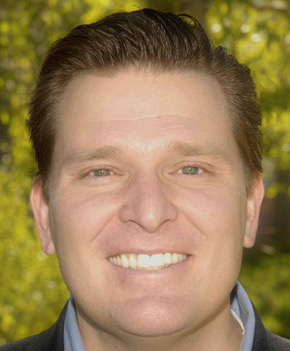
John Bryan
VP of Commercial Applications
EPC Power |
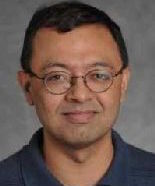
Mani Srivastava
UCLA Electrical Engineering |
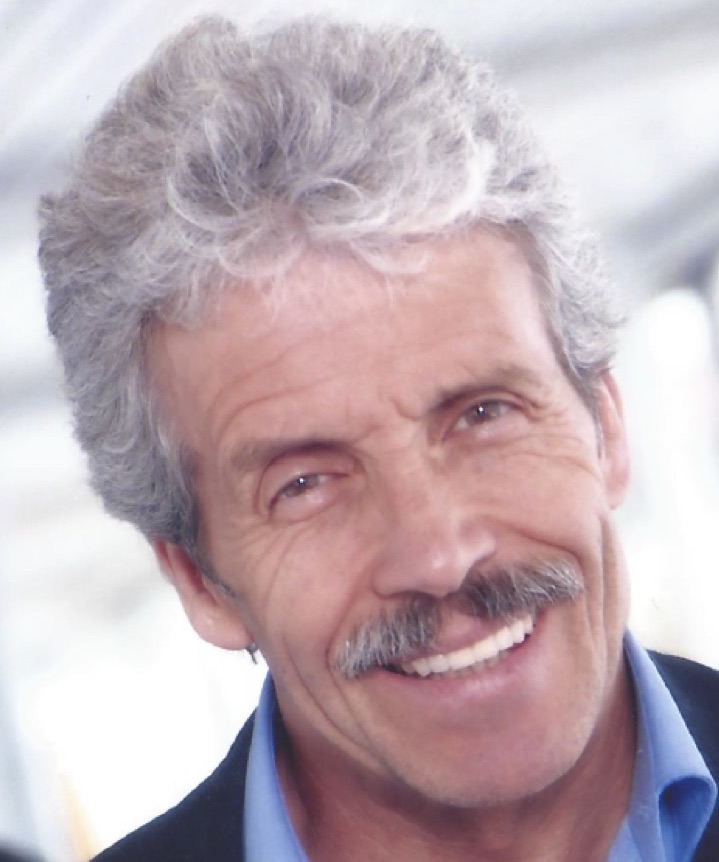
Mario Gerla
UCLA Computer Science |
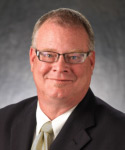
Michael Boehm
Managing Director
Advanced Sustainability Institute |
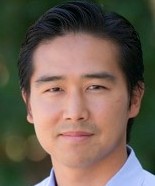
Michael Lim
Executive Fellow
Autonomous Vehicles, City of Los Angeles, Department of Transportation |

Paul Glenney
EV Charging Infrastructure - North America
Faraday Future |
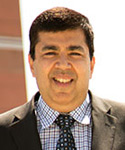
Rajit Gadh
Director
UCLA Smart Grid Energy Research Center |
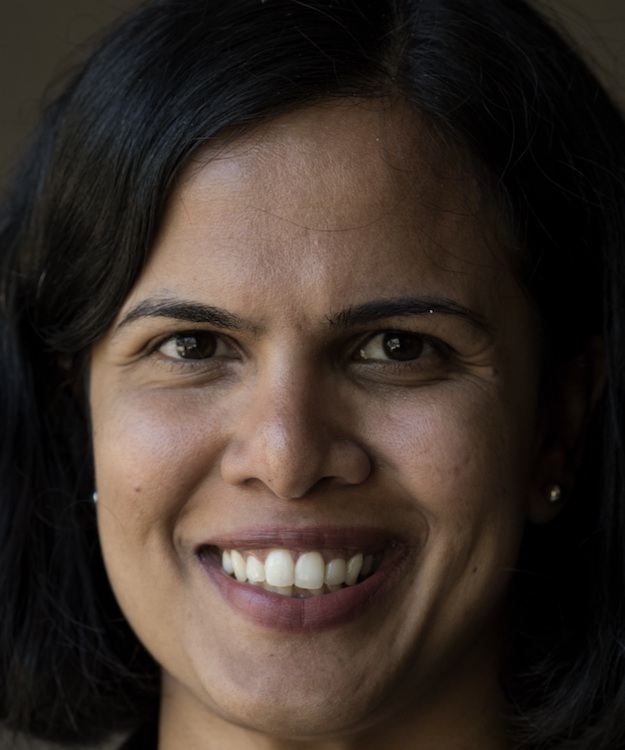
Sharmila Ravula
CCO and VP of Business Development
Bosch Building Grid Technologies |

Steve Pazol
GM, Wireless Charging
Qualcomm Incorporated |
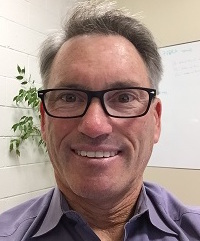
Steve Schupak
Electric Bus Program Manager
Los Angeles County Metropolitan Transportation Authority |
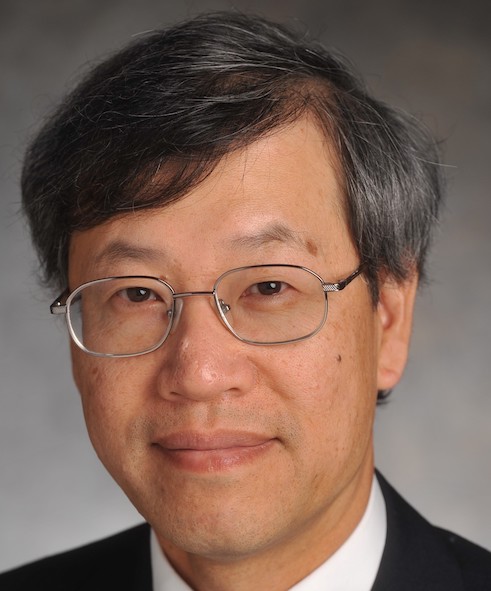
Tsu-Chin Tsao
UCLA Mechanical and Aerospace |

Veronica Siranosian
Senior Project Manager
AECOM Ventures |
Speakers from previous forums include:
| Alexander Keros |
Manager, Advanced Vehicle and Infrastructure Policy |
General Motors |
| Ali Miremadi |
Manager of Operations Policy |
California ISO |
| Bernard C. Soriano |
Deputy Director, State of California |
Department of Motor Vehicles |
| Bob Frazier |
Director of Technology |
Houston Electric |
| Dan Ton |
Program Manager, Smart Grid R&D |
U.S. Department of Energy |
| David Wollman |
Manager, Electrical Metrology Groups |
NIST |
| Doug Kim |
Director, Advanced Technology |
Southern California Edison |
| Erich Gunther |
Chairman and CTO |
EnerNex Corporation |
| Gilbert Weigand |
Director, Strategic Programs |
Oak Ridge National Laboratory |
| Jim Parks |
Program Manager, Energy Efficiency & Customer R&D |
Sacramento Municipal Utility District |
| Kevin Dasso |
Senior Director of Smart Grid & Technology Integration |
Pacific Gas & Electric Company |
| Kurt Yeager |
Vice Chairman |
Galvin Electricity Initiative |
| Lee Krevat |
Director - Smart Grid |
San Diego Gas & Electric |
| Livio Gallo |
Chief Executive Officer |
Enel Distribuzione |
| Luke Clemente |
General Manager, Metering & Sensing Systems |
GE Energy - Digital Energy |
| Malcolm Unsworth |
President & CEO |
Itron, Inc. |
| Marie Hattar |
VP, Network Systems & Security Solutions |
Cisco |
| Mark McGranaghan |
VP |
Electric Power Research Institute |
| Marvin Moon |
Director of Power System Engineering |
Los Angeles Department of Water and Power |
| Matthew Lampe |
Chief Information Officer |
Los Angeles Department of Water and Power |
| Matt Mikio Miyasato |
Assistant Deputy Executive Officer |
Air Quality Management District |
| Robert Weisenmiller |
Chair |
California Energy Commission |
| Ted Reguly |
Director - Smart Meter Program Office |
San Diego Gas and Electric |
| Timothy Simon |
Commissioner |
California Public Utilities Commission |
| Vincent Poor |
Professor of Electrical Engineering, & Dean, School of Engineering and Applied Science |
Princeton University |
| Vikram Budhraja |
President |
Electric Power Group |
| Weston Sylvester |
Director Distribution Solutions/Smart Grid |
Siemens Energy, Inc. |
|
|

Edward K. Rice Conference Room: Boelter Hall 6764
UCLA Campus
Directions
Interactive UCLA campus map
Hotel Directory |




















